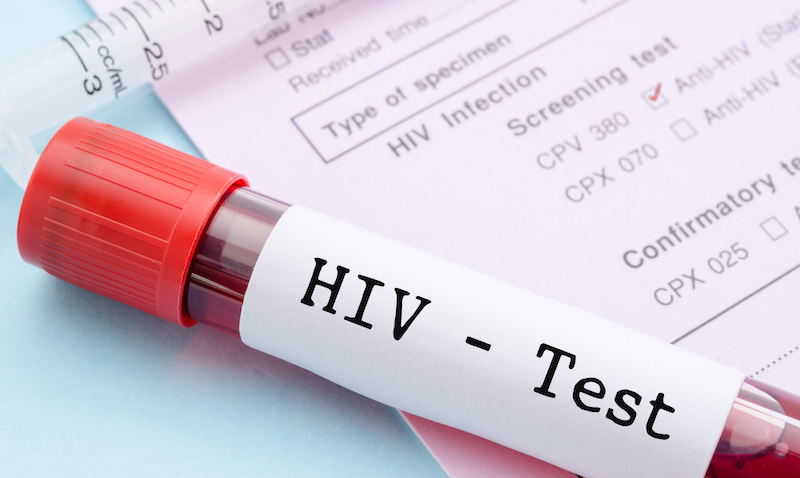The recommendation comes amid an HIV outbreak among intravenous drug users in the state’s largest county
By Jason Langendorf
Amid a staggering HIV outbreak in West Virginia’s largest county—Kanawha County, home of the state capital, Charleston—the Centers for Disease Control and Prevention (CDC) is recommending improved access to clean syringes for drug users in the state. It’s a proposal that runs counter to legislation recently passed by local policymakers.
A report released on Tuesday by the CDC, West Virginia’s Department of Health and Human Resources (DHHR) and Kanawha County’s health department came in response to a recent Epi-Aid investigation into the spike in local HIV cases. The results were stark: From January 2019 through May 13 of this year, a total of 63 new HIV diagnoses in Kanawha County among intravenous drug users were reported. Before that period, the average number of new HIV cases in the county associated with injection drug use was fewer than five per year.

The investigation included qualitative interviews that informed the report’s recommendations, which largely focused on harm reduction and improving access to clean syringes in an effort to help reduce the rates of HIV and other infections among Kanawha County’s intravenous drug users. Judging by recent legislation in West Virginia, however, the report’s findings may fall on deaf ears.
That’s because Senate Bill 334—which severely restricts syringe services programs (SSPs) in the state and which experts claim will deny people with addiction the sort of harm reduction services that can improve lives and communities—is the new law of the land. Last month, a U.S. district judge denied an injunction to halt the bill’s implementation.
The CDC Syringe Recommendations
The investigation’s complete findings yielded recommendations to increase community engagement and education efforts around the HIV outbreak and injection drug use, as well as conducting further data analysis. But the report’s most extensive and specific recommendations focused on access to sterile syringes, testing and treatment:
- Meeting people who inject drugs where they are by reducing barriers to participation in harm reduction programs and bringing services to them through mobile and street outreach and one-stop-shop models of harm reduction services
- Making HIV/hepatitis C testing routine with opt-out screening in healthcare and other settings where people who inject drugs may engage in care
- Co-locating services for people who inject drugs to facilitate a seamless transition to needed support, care and treatment for HIV, hepatitis C, substance use and mental illness
West Virginia’s Response
Despite the passage of Senate Bill 334, the DHHR cites its continued efforts to address the HIV outbreak, including the formation of the Kanawha Valley HIV Testing Outreach Group, virtual HIV counseling and testing training for non-traditional partners.
The state will continue to work with its partners to implement innovative approaches to delivery of prevention and care for people who inject drugs.”
—Ayne Amjad, West Virginia’s Department of Health and Human Resources
“The Bureau for Public Health is committed to assisting the community in keeping infection rates as low as possible,” said Ayne Amjad, state health officer and commissioner of DHHR’s Bureau for Public Health. “The state will continue to work with its partners to implement innovative approaches to delivery of prevention and care for people who inject drugs.”
But barring further intervention or new legislation, Kanawha County likely faces an uphill battle to beat back rising infection rates and the associated fallout from the public’s dramatically restricted access to clean syringes and other services.
Michael Kilkenny, health officer for the Cabell-Huntington Health Department, which launched West Virginia’s first SSP in 2015, is among many critics of Senate Bill 334 who claim it handcuffs the most effective harm reduction efforts. Killkenny spoke out against the bill when it passed the state senate in March.
“It’s not a recommended model,” he told the Huntington Herald-Dispatch. “It’s a model that’s been invented outside of expertise. It is a model that’s been tested, and it’s a model that will fail to prevent and control the spread of communicable disease. The health department is mandated by law to prevent and control the spread of disease. A model that will not achieve that should not be used.”
Top photo: Shutterstock; bottom photo: Mike Baumeister













